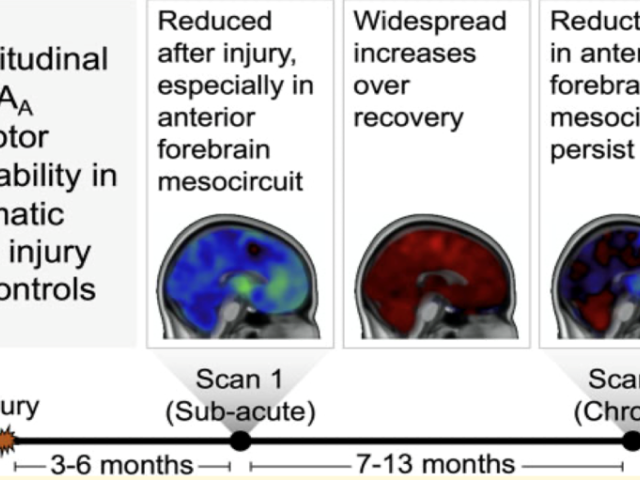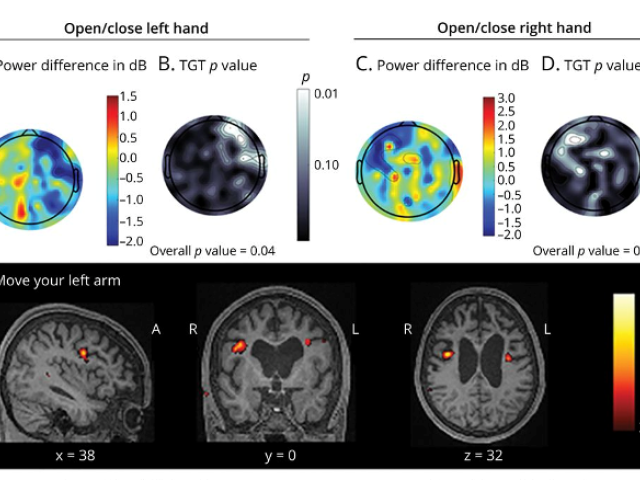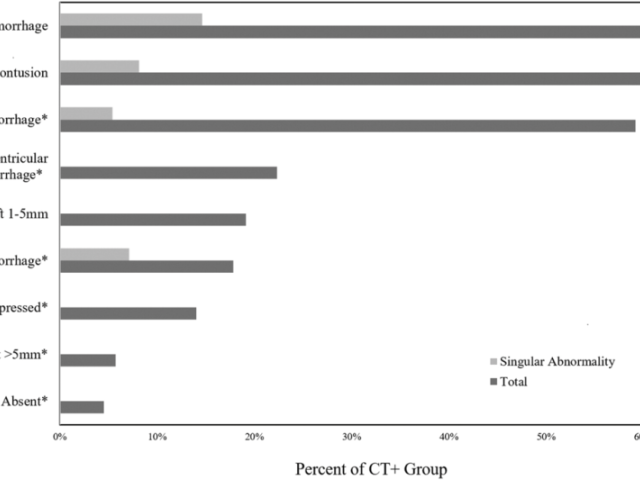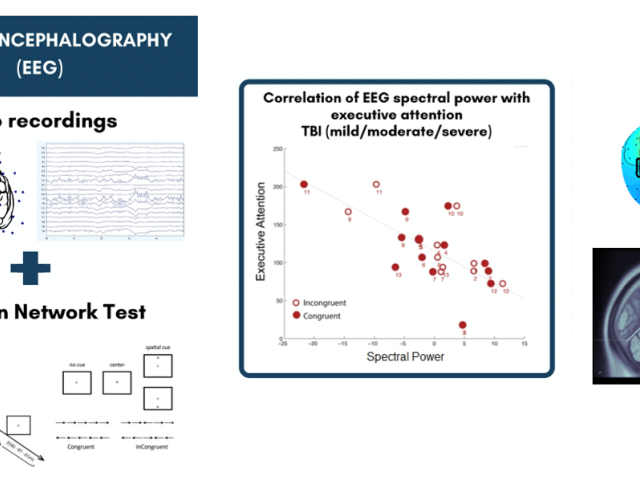Brain estrogen imaging in women at risk for Alzheimer's
Award or Grant: Harold W. McGraw III FoundationThe goal of this grant: to examine 16 alpha (α)-[ 18F]fluoro-17 beta (β)-estradiol (FES), a selective estrogen receptor (ER) ligand with binding affinity equal to 80% of that of estradiol, for assessment of brain ER activity in humans. These data will provide therapeutic targets for sex-based interventions during the prodromal phase of late-onset AD...
Sex-specific risk factors for Alzheimer's disease
The goal of this grant: to discover the biological transformations in the brain that occur during the perimenopausal transition leading to endophenotypes predictive of risk for AD, and to elucidate the mechanisms by which these transformations occur. Thereafter, these can be translated into strategies to prevent conversion to an at-Alzheimer’s-risk phenotype. See Weill Cornell Medicine's Women's...
Altered network integrity underlying executive attention impairments following traumatic brain injury
The overall objective of this project is to determine the functional integrity of the anterior forebrain mesocircuit (medial frontal cortex, striatum and central thalamus) using a novel tool [11C] flumazenil (FMZ). FMZ binding in the brain reports both neuronal structural and functional integrity. The rationale underlying the proposed research is that quantitative measurements of neuronal...
Objective markers for cognitive function following pediatric brain injury
Acquired brain injury is a leading cause of death and disability among children and adolescents, and cognitive impairment is the most persistent and distressing sequela. For children with co-occurring impairment of oromotor, oculomotor, gross and fine motor function, assessment of emerging and residual cognitive function is extremely challenging; current measures of cognition in this pediatric...
Pediatric Brain Injury Consortium
Recognizing the specific and unmet global need for expanding research in pediatric brain injury outcomes, Dr. Shah has co-directed (with Dr. Stacy Suskauer) the creation of the Pediatric Brain Injury Consortium since 2019 (eight pediatric rehabilitation facilities in the U.S.). The goals of the Pediatric Brain Injury Consortium are to: (1) characterize the demographics and clinical course; (2)...
Central thalamic stimulation for traumatic brain injury
Award or Grant: National Institutes of Health (NIH)/Brain Research Through Advancing Innovative Nanotechnologies (BRAIN) InitiativeThis is a multi-center collaborative grant (Weill Cornell Medicine, Stanford University, Harvard University/Spaulding Rehabilitation Hospital, Cleveland Clinic, University of Utah) that aims to carry out a first-in-man feasibility study of central thalamic deep brain...
LUCINDA: Leuprolide plus Cholinesterase Inhibition to reduce Neurologic Decline in Alzheimer’s
LUCINDA is a clinical trial to determine whether Leuprolide (Eligard®, an injectable medication) can slow or prevent decline in thinking abilities and functioning in women with Mild Cognitive Impairment or Alzheimer’s Disease who are also taking the medication donepezil (Aricept®, a cholinesterase inhibitor.) LUCINDA is taking place at three sites in the United States: Weill Cornell Medicine in...
Normative data from advanced MR techniques of the brain
The aim of this project was to establish a standard normative database of advanced magnetic resonance (MR) techniques, including but not limited to diffusion tensor imaging (DTI), MR perfusion, and 3D volumetric studies to use for diagnostic and clinical research on the aging adult brain and/or various disease states. This project will also ensure ongoing comparability (i.e., quality assurance (...
Imaging mass spectrometry to identify key early changes in lipid metabolism of AD mouse models
The McIntire lab is studying changes in the brain lipidome using targeted liquid chromatography/mass spectrometry (LC/MS) and untargeted imaging mass spectrometry (IMS) resulting in a system-wide, publically available lipid map. Data from the lab show distinct regional distribution of acyl chain lipid species across mouse brains using desorption electrospray ionization (DESI) mass spectrometry...
Generation of a mouse strain that ameliorated behavioral deficits despite amyloid accumulation
This project involved the generation of a novel mouse strain that ameliorated phosphoinositide depletion and behavioral deficits despite the continued accumulation of amyloid.











